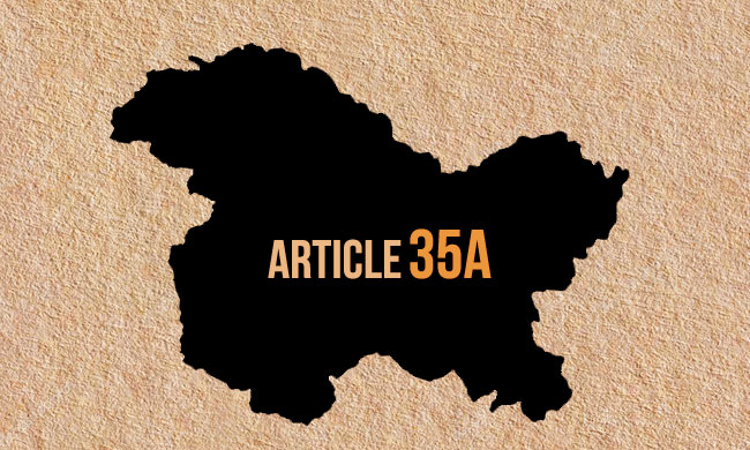Understating The Special Status Of Jammu And Kashmir Under Article 35A
LIVELAW NEWS NETWORK
5 Aug 2019 10:10 AM IST

Next Story
5 Aug 2019 10:10 AM IST
Article 35A was a result of an understanding between the then Prime Minister Jawaharlal Nehru, and the erstwhile leader of the State Sheikh Abdullah. The said provision was added to the Constitution through a Presidential Order passed under Article 370(1)(d) which empowers the President to make constitutional provisions applicable to the State with such modifications and exceptions as he...
